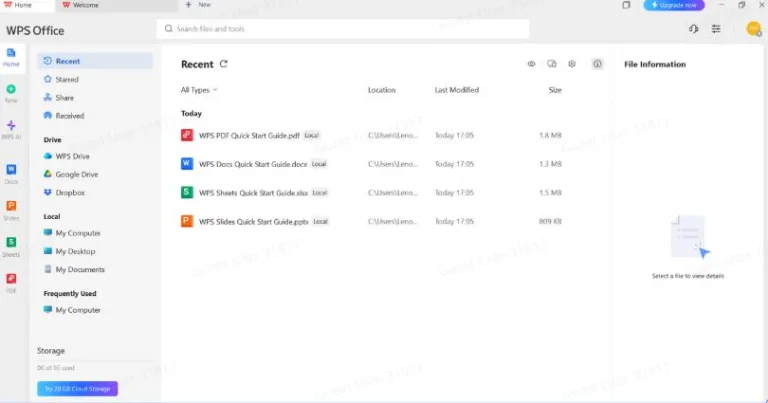The Role of CPAs in IRS Audit Representation
Facing an IRS audit can feel overwhelming—even if you’ve done everything right. Here’s the direct answer: CPAs are your advocate, interpreter, and negotiator during an IRS audit. They guide you through complex rules, handle documentation, and represent you before the IRS to protect your rights and minimize impacts.
Why CPAs Are Uniquely Qualified
Not all tax preparers can represent you—only licensed CPAs, attorneys, and enrolled agents have that authority. CPAs earn their stripes via rigorous education in accounting, tax law, and ethics. Many specialize in audits, so they understand both detailed tax code and audit procedures.
Here’s what they bring to the table:
- Deep tax knowledge. They understand how audit rules apply across industries and personal circumstances.
- Authorized representation. CPAs can communicate directly with auditors—no need for you to face the IRS solo.
- Strategic judgment. They decide when to confront audit points and when to negotiate, keeping your best interests first.
Exactly What a CPA Does During an Audit
Audit participation looks straightforward but requires structure—and that’s where CPAs excel:
- Audit review. They assess the IRS inquiry to pinpoint exactly what’s under scrutiny.
- Document assembly. Receipts, bank records, payroll history—they organize what matters.
- Communication flow. Your CPA handles every letter, call, and form—so you’re not juggling IRS notices.
- In-person support. If required to appear before the IRS, your CPA stands in for you.
- Negotiation skill. They can push back on penalties, seek reductions, or arrange payment plans.
- Rights protection. IRS agents must follow legal rules—CPAs ensure they do.
Especially Critical for Small Businesses
Small business owners face thick complexity—payroll taxes, depreciation, expense tracking—you name it. Errors happen, and whether they’re innocent or not, the IRS expects documentation.
That’s why working with an austin small business cpa makes sense. A local CPA understands federal tax law—and Texas-specific business nuances too. They swiftly pull together needed records and help you handle IRS scrutiny proactively.
Knowing Your Rights as a Taxpayer
You don’t go into an audit unarmed. You have rights—and a CPA helps you enforce them. The IRS explains your fundamental protections through its Taxpayer Bill of Rights, including clear explanations of IRS actions and responses.
Also, Publication 1 from the IRS outlines rights like professional treatment, confidentiality, and fair process obligations. Together, these guide what you—and your CPA—can expect from an IRS audit.
Learning for the Future
Beyond resolving current issues, a good CPA helps you get better going forward. They’ll review filing habits, data organization, and communication methods to reduce future audit risk.
For general background on tax law, Cornell Law School offers a clear and trustworthy overview of tax law basics, helpful for anyone wanting to understand the broader audit environment.
Final Thoughts
An IRS audit doesn’t have to be traumatic—especially when you have the right help. CPAs bring technical expertise, legal standing, and the negotiation muscle you need. They ensure your case is handled with precision, fairness, and calm.
For individuals, that means reduced stress and accurate results. For small businesses, it can mean the difference between manageable and costly outcomes. When you pair professional representation with credible knowledge, you face audits prepared instead of panicked.




